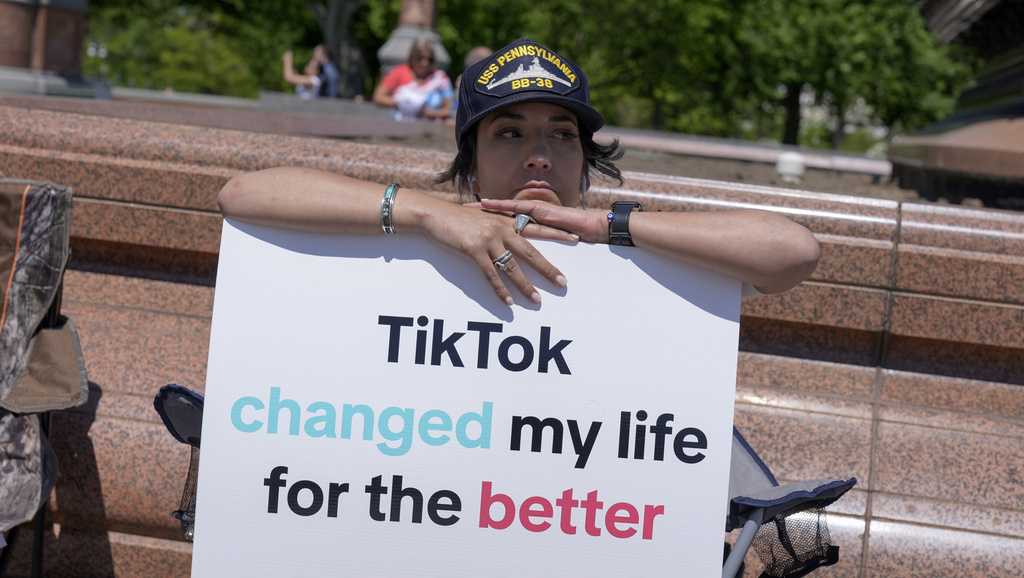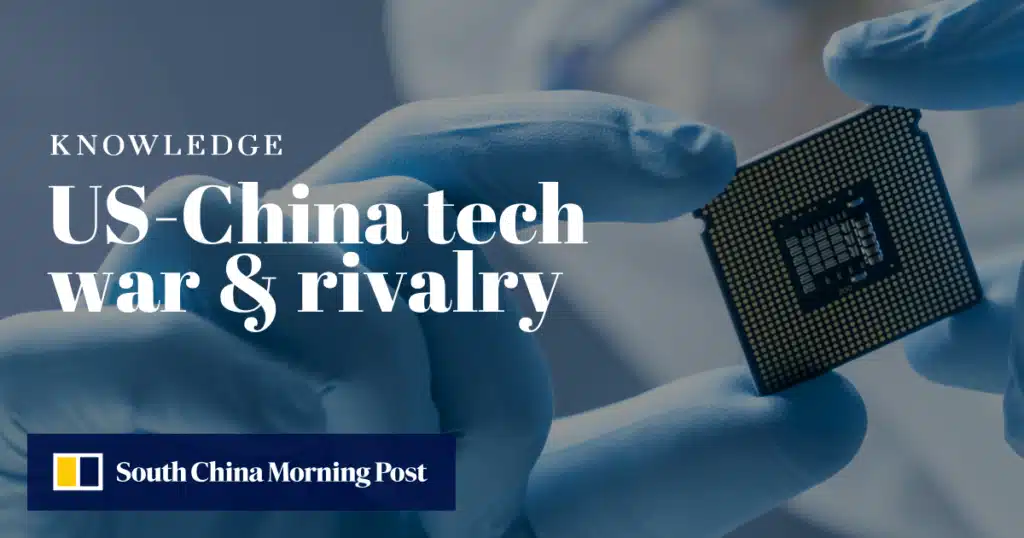The wildly popular social media platform TikTok is no longer just an outlet for people to unload choreographic compassion. It is a gushing fount of happiness without borders, where TikTok operates. Its dramatic growth has pitted it squarely between the United States and China in the war between two powers. Since TikTok’s parent company, Byte dance, is headquartered in the Chinese capital of Beijing, worries about the security of data, cyber-attacks and state security were center stage in this ongoing technology war. But what part does TikTok play in the Sino-U.S. tech spat and is your data really at risk?
The Strategic Importance of TikTok in the U.S.-China Tech Landscape
With more than a billion users around the world, TikTok is no ordinary app. Its role goes far beyond fun: it is a major player in U.S.-China tech news and stokes disputes about cybersecurity and international competition. TikTok’s success in the US market underscores the growing competitiveness of Chinese technologies companies in areas traditionally dominated by Silicon Valley. Given this success, questions have arisen as to what role TikTok will play in America’s technology rivalry with China. It also has highlighted fears how data collected on American users is actually accessed by the Chinese government. For example, TikTok’s part in the U.S.-China technic launcher shows how innovation in short-form video content deducts consumer behaviour and transforms digital marketing strategy. The app has in effect raised a whole new set of standards for algorithms to generate highly personalized content, raising fears that such success through data use may compromise user privacy.
TikTok Cybersecurity Threat?
Whether TikTok is a cybersecurity danger is one of the most urgent questions. TikTok’s data collection methods, according to critics, TikTok may provide the Chinese government access to private data about American users. Federal investigations, government gadget bans, and demands for more stringent controls have resulted from this.
TikTok has, however, consistently refuted claims of misconduct. According to the firm, servers in Singapore and the United States, not China, house user data from Americans. In an effort to increase openness and foster confidence among users and authorities, it has also started programs like TikTok’s Creative Center. Although cybersecurity professionals caution about such weaknesses, there is yet little hard proof of TikTok’s unlawful data exploitation.
TikTok Privacy Concerns and Data Collection
Outside of cybersecurity, TikTok faces criticism over its data collection practices. As with most social media platforms, TikTok collects data related to user behavior, device configuration and location. This data feeds its supercharged algorithm, which drives the sticky “For You” page. But privacy advocates are concerned about how this data could be used given ByteDance’s ties to China.
TikTok has taken steps to calm fears, such as limiting how many employees can access user data and providing more detailed privacy settings. But such efforts have not silenced critics, especially given the broader context of TikTok’s role in the U.S.-China technician standoff. The app’s capacity to harvest gargantuan quantities of personal information has made it a flashpoint in the bigger argument about digital privacy in a connected world.
Why Is TikTok Not a Security Threat?
Fear-mongering aside, many people argue that TikTok is not, in fact, the existential security threat some describe it to be. For one thing, TikTok functions much like other social media platforms, collecting similar kinds of data. American tech behemoths including Facebook and Google have had their share of controversies about violations of privacy, but they haven’t faced the same geopolitical scrutiny.
Supporters of TikTok also cite its efforts at transparency and its commitment to adhere to U.S. regulatory needs. The platform’s tech support teams, for instance, have formed relationships with external auditors to feel confident in meeting privacy standards. The critics proposing a blanket ban tend to ignore the fact that doing so risks a troubling precedent for digital trade and innovation.
TikTok’s Cultural Influence
As the U.S.-China tech conflict makes headlines, the cultural power of TikTok is impossible to overlook. Platforms such as TikTok Creative Center have revolutionized the way creators and brands interact with audiences. Trends such as TikTok dance routines have engendered a new brand of global storytelling, bridging users across frontiers even during times of political friction.
Meanwhile, TikTok news has become an unexpected byproduct of the app’s ascendance. It has evolved from a platform for breaking news updates to one where everyday users share information, even if it is a video of what they are seeing during protests or natural disasters. Its position as an entertainment platform and its role as a news source not only further complicate its position in the tech conflict, but also invite unique scrutiny not directly associated with other media platforms.
The Bigger Picture
TikTok’s role in the U.S.-China technology competition underscores the difficulties of operating a globalized tech industry in a time of political fragmentation. With the Americans and the Chinese competing for tech dominance, TikTok has taken on both a representational and real duality. It is impossible to overstate TikTok’s influence, whether through its algorithm or cultural trends or its position as a tech on-ramp from the United States to China.
So, is your data safe? Although TikTok has taken steps to improve transparency around how it collects data, the larger geopolitical tensions surrounding this make it an impossible question to answer in definite terms. What’s certain, though, is that TikTok’s influence — both in technology and culture — will keep shaping the world for years to come.
Share via:




